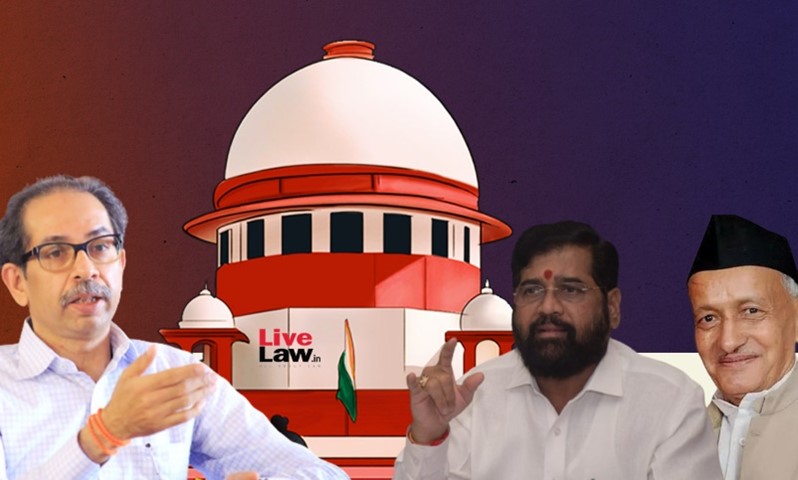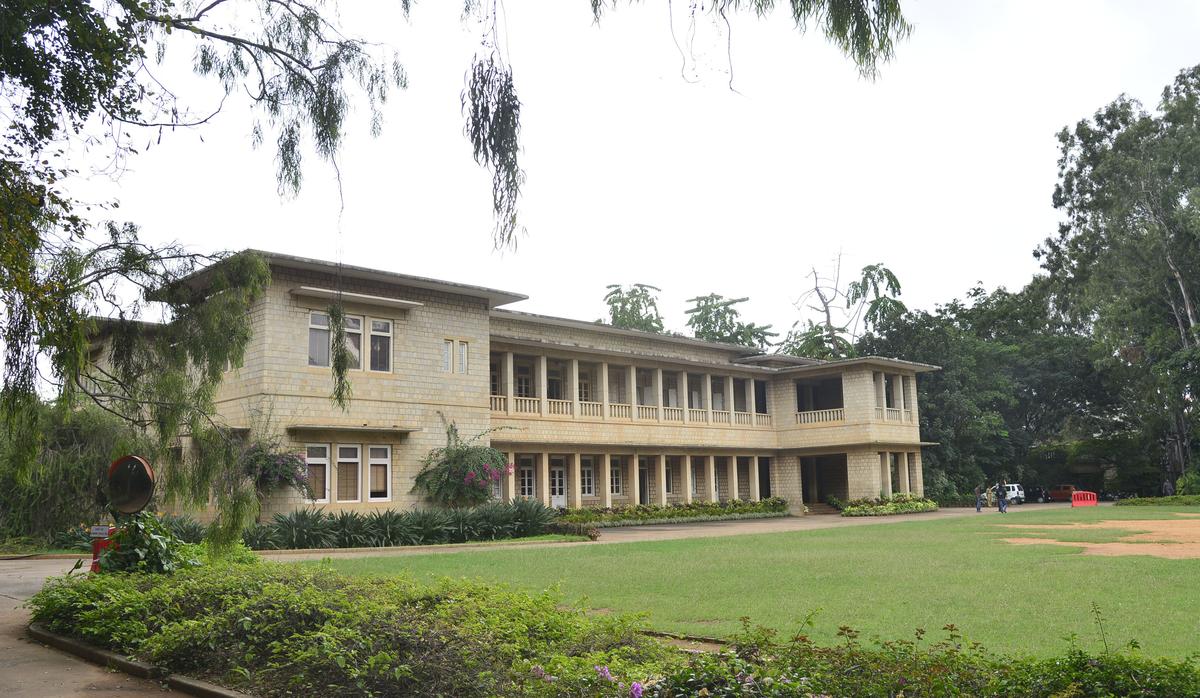- Courses
- GS Full Course 1 Year
- GS Full Course 2 Year
- GS Full Course 3 Year
- GS Full Course Till Selection
- Online Program
- GS Recorded Course
- NCERT (Recorded 500+ Hours)
- Polity Recorded Course
- Geography Recorded Course
- Economy Recorded Course
- AMAC Recorded Course
- Modern India, Post Independence & World History
- Environment Recoded Course
- Governance Recoded Course
- Science & Tech. Recoded Course
- International Relations and Internal Security Recorded Course
- Disaster Management Module Course
- Ethics Recoded Course
- Essay Recoded Course
- Current Affairs Recoded Course
- CSAT
- 5 LAYERED ARJUNA Mentorship
- Public Administration Optional
- ABOUT US
- OUR TOPPERS
- TEST SERIES
- FREE STUDY MATERIAL
- VIDEOS
- CONTACT US
Supreme Court on Maharashtra Governor’s Call on Floor Test
Supreme Court on Maharashtra Governor’s Call on Floor Test
13-05-2023


Latest Context
Recently, the Supreme Court (SC) expressed its opinion on the decision of the former Maharashtra Governor to call for a floor test to the then Chief Minister to prove his majority in the house. According to the Top Court, that decision was not justified. However, the SC could not save his government because he did not face the floor test.
Floor Test
- Concept: This is the concept used for the test of the majority in case of doubt against the Chief Minister (CM) of a State regarding to prove the majority in the House. In a coalition government, the CM may be asked to move a vote of confidence and win a majority.
- In Case of Absence of Majority: In the scenario of the absence of a clear majority and when there is more than one individual claim to form the government, the Governor may call for a special session to see their claim to form the government. Some legislators may be absent or choose not to vote. Those legislators who take part in the voting process are considered for counting numbers.
Background
In 2022, another government comprising one faction of Shiv Sena led by Eknath Shinde was formed by toppling and replacing the then Uddhav Thackrey Government. Thereafter, petitions were filed by the Thackeray group to challenge the then-Maharashtra Governor’s decision to call for a trust vote before his resignation.
Supreme Court Judgement
- On Whip: This concept belongs to the colonial British rule era. It refers to both a written order to members of a party in the House to abide by a certain direction and to a designated official of the party who is authorized to issue such a direction. The Speaker must only recognize the Whip duly authorized by the political party regarding the provisions of the party constitution. The appointment of both the whip and the leader of the party in the House should only be done by the political party and not the legislature party.
- On-Floor Test: It should not be used to solve problems within a political party. Party disagreements should be resolved according to the party's constitution or other methods rather than through Floor Test
- Disqualification on the Ground of Defection: The Speaker is entitled to adjudicate petitions for disqualification under the 10th Schedule of the Constitution. Generally, The Court does not ordinarily adjudicate petitions on disqualification under the 10th Schedule. In the case of Maharashtra, the then Deputy Speaker of the Maharashtra Assembly issued notice against 40 rebel MLAs under this schedule on the grounds of defection.
Tenth Schedule of the Constitution
- Anti-Defection Law: The 10th schedule of the Indian Constitution was added by the 52nd Amendment Act of 1985. It states the provisions with respect to the disqualification of members of Parliament (MPs) and state legislatures on the grounds of defection. Its goal is to facilitate political stability and discipline among political parties by checking elected members from changing parties after they have been elected.
- Disqualification: A member of Parliament or a state legislature is disqualified if he/she voluntarily gives up the membership of the political party on whose ticket he/she was elected, or if he/she votes or abstains from voting in the House against the directives of the political party. But a member is not disqualified if he/she leaves the party because of a merger of two or more political parties or if the party itself merges with another party. According to 52nd amendment, a 'defection' by 1/3rd of the elected members of a political party was considered a 'merger'.
- 91st Constitutional Amendment Act, 2003: It changed this provision. According to it, at least 2/3rd of the members of a party must be in favour of a "merger" to have validity in the eyes of the law.
Powers of the Governor to Call a Floor Test
Constitutional Provisions
- Article 174 of the Constitution empowers the Governor to summon, dissolve and prorogue the state legislative assembly.
- Article 175(2) empowers the Governor to summon the House and call for a floor test to show a majority in the House. But the Governor can exercise this power only according to the Article 163 of the Constitution which states that the Governor shall act on the aid and advice of the Council of Ministers headed by the Chief Minister (when the assembly is not in session). However, when the House is in session, it is the Speaker of the Assembly who can call for a floor test.
Governor’s Discretionary Power
- Article 163 (1) states that there will be a group of Ministers, led by the Chief Minister, who will assist and advise the Governor in carrying out his functions. However, the Governor will have the final say in any matters where he is required to exercise his discretion as per the constitution. The Constitution makes it clear that if any question arises whether a matter falls within the governor’s discretion or not, the decision of the governor is final and the validity of anything done by him cannot be called into question on the ground that he ought or ought not to have acted in his discretion.
- The Governor can exercise his discretionary power under Article 174 when the chief minister has lost the support of the House. Generally, when doubts arise about the chief minister he has lost the majority, the opposition and the Governor would rally for a floor test.
Previous Rulings on the Governor's Floor Test Call
- Nabam Rebia and Bamang Felix vs Deputy Speaker case (2016): The SC said that the power to summon the House is not solely vested in the Governor and should be exercised with aid and advice of the Council of Ministers and not at his own.
- Shivraj Singh Chouhan & Ors vs Speaker (2020): The SC upheld the powers of the Speaker to call for a floor test if there is a prima facie view that the government has lost its majority.



